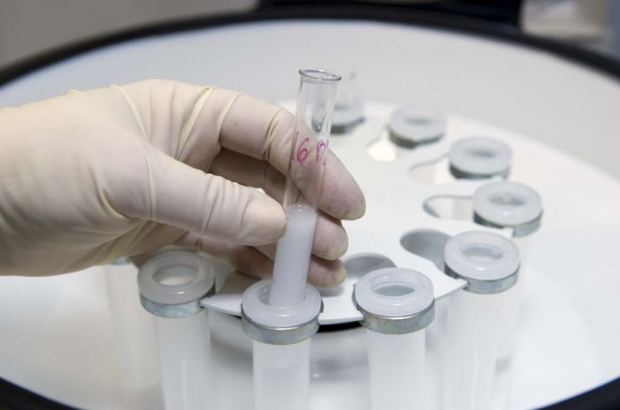- Daily & Weekly newsletters
- Buy & download The Bulletin
- Comment on our articles
Belgian lab experiment could lead to €200 IVF treatment
A low-tech, simplified form of IVF currently being tested in Belgium uses baking soda, and has the potential to slash the cost of assisted conception, reports Reuters’ Ben Hischler. The process could bring IVF within reach of millions more childless couples around the world. The technique eliminates the need for expensive labs and incubators, which could cut the basic cost of IVF by up to 90%, experts predict. Combined with other measures it opens up the prospect of IVF costing less than €200 per treatment cycle - a fraction of the €5,000 average at modern European clinics. Yet the system is just as good as conventional methods at producing viable embryos, according to a "proof-of-concept" study. In fact, some of the best quality embryos selected by experts in the head-to-head comparison test conducted in Belgium were created by the "baking soda" technique. Although the new method is aimed at the developing world, it could also spark a revolution in the West, where access to IVF is restricted by the high costs involved.
Lead investigator Dr Elke Klerkx, from the Genk Institute for Fertility Technology in Belgium, said: "Our initial results are proof of principle that a simplified culture system designed for developing countries can offer affordable and successful opportunities for infertility treatment where IVF is the only solution. She said: "This is a major step towards universal fertility care." Dr Klerkx added: "If combined with single embryo transfer and low stimulation protocols, we estimate the cost of a treatment cycle can be less than €200, with laboratory costs between 10% and 15% of those in Western-style programmes." At present, effective assisted conception remains the preserve of developed countries. "Infertility care is probably the most neglected healthcare problem of developing countries, affecting more than two million couples," said Dr Klerkx. "The simplified lab procedure will undoubtedly open up a new era in the history of IVF. The method not only offers affordable and successful access to IVF, but will make effective treatment techniques available to a much larger part of the world's infertile population. "This, therefore, may also be considered an important breakthrough in terms of human rights, equity and social justice."

















Comments
For couples struggling to conceive naturally, IVF (in vitro fertilization) offers an alternate way to start a family. In this process, eggs are generally combined with sperm in test tubes and after fertilization; embryos are formed that are transferred back into woman uterus to implant. Well the procedure is time-consuming, emotional, and costly too, but creates good hopes among couples to have their own child.